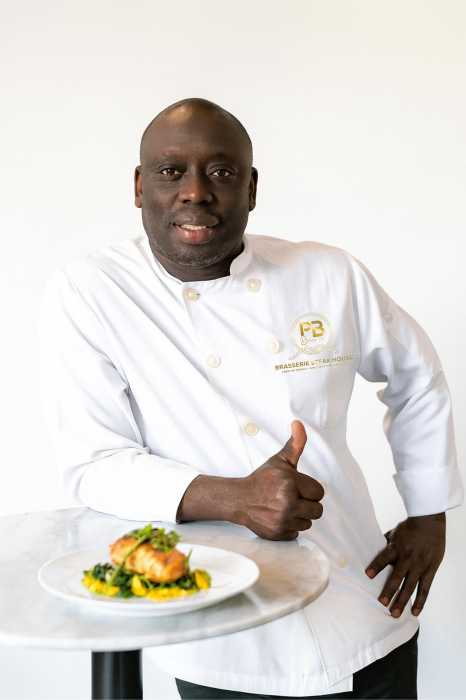To read or not to read “Go Set a Watchman”?
That is the question facing fans of the novelist Harper Lee, whose sequel to “To Kill a Mockingbird” went on sale Tuesday in a tornado of controversy 55 years after the publication of a beloved best-seller that inspired a movie starring Gregory Peck as the brave and virtuous attorney Atticus Finch.
The initial print run of 2 million copies of “Watchman” has ignited a moribund publishing industry, but it remains unclear if Lee, who is now 89, in a nursing home and reportedly mostly blind and deaf following a stroke, rescinded her long-standing opposition to having the manuscript published.
“Watchman,” which Lee wrote before “Mockingbird,” takes place in the 1950s and flips the depiction of the legendary Atticus from a morally courageous lawyer fighting to save the life of an unjustly accused black man in small-town Alabama in the 1930s into a bigot. In the new book, Atticus is depicted as a segregationist who attends a meeting of the Ku Klux Klan and spouts racist observations.
The curious circumstances of Lee’s lawyer/caretaker “discovering” the “Watchman” manuscript last year after the death of Lee’s sister and the demolition of Atticus as a warrior for justice makes a lot of Lee fans — and authors — queasy.
“Everyone is talking about this” in the NYC Writers Circle, said its organizer, Alexis Jacobs, a forty-something writer who lives in east midtown.
Jacobs, author of “For Better or Curse,” loves that the novel is rekindling enthusiasm for physical books, but she noted that novelists are often remembered for “the last big thing” they published and frets how “Watchman” will affect Lee’s legacy. She is also tabling buying “Watchman” until she is assured Lee endorsed its release “out of respect” for the author. Knowing that the new tome portrays Atticus as a racist “feels like a betrayal of the character,” Jacobs added.
This transformation of Atticus is fine by Felicia McCoy, 55, who notes that characters, like people, evolve and devolve over time.
“In [‘Mockingbird’], he’s too saintly,” the Upper West Sider said. “I may still buy [‘Watchman’]. [The controversy] is part of the marketing.”
But McCoy too wonders if Lee wanted “Watchman” published at all.
“I hope they’re not manipulating her,” she said of Lee’s attorney and publisher.
Other Lee fans, such as Re’al Christian, 21, an NYU senior who lives in the West Village, are studiously avoiding reading anything in the press or on social media to keep an open mind.
“I want to read it as a blank slate,” said the communications and art history major on her way to the cashier at the Union Square Barnes & Noble.
Hard-core Lee lovers are eager to see any words at all set to paper by a writer they worship.
“When I heard this was coming out, I almost flipped,” said Marc Williams, 44, a real estate broker who lives in Hell’s Kitchen.
“Mockingbird,” which Oprah Winfrey described as “our national novel,” is Williams’ favorite book. He is eager to see if Lee’s earlier effort reveals clues to her thinking and formation as a writer. Nothing Lee could write would disappoint Williams, but, he added, “I hope she gave her permission for this. I hope they did not take it from her.”





































